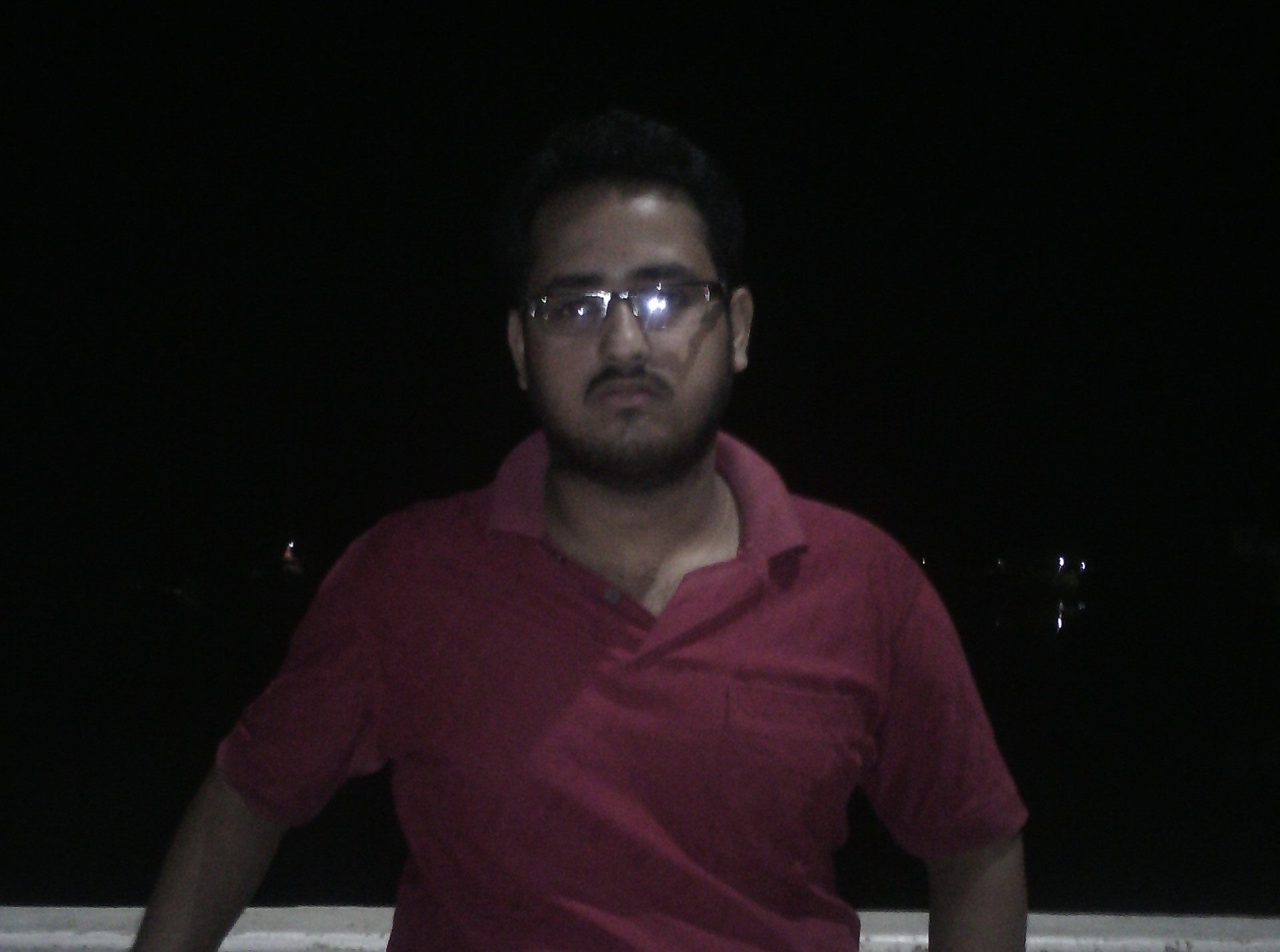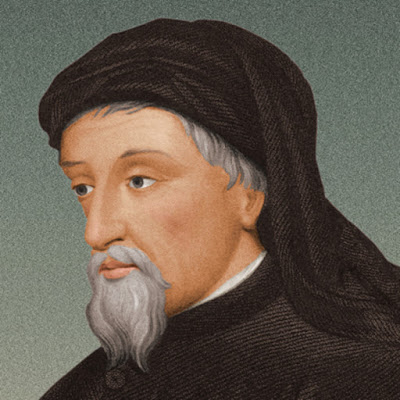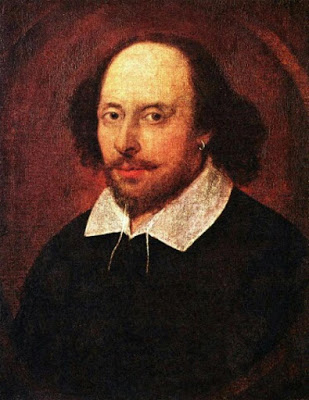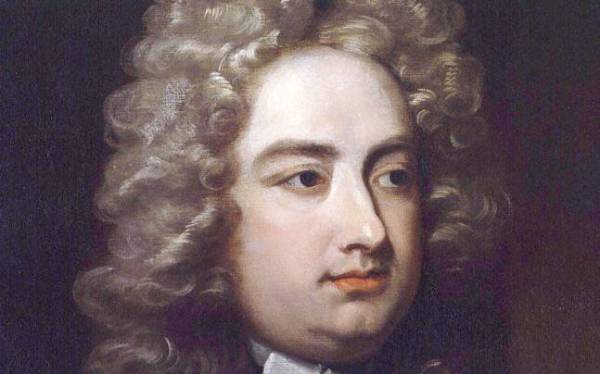
Hii guys..seriously creating your own Apps and then monetizing it is not easy. You need talent for that. Yes, if you can create a app it will work on monetizing after few process. But just creating a app can’t get the work done for you. you have to create a app which is attractive, mind-blowing, and different from most other apps. People must be addicted to your app. If you can create this type of App you can earn. Again building a unique app is very difficult. To create an Android App , you need to download and install Android Studio to your PC. To get Android Studio, click on the link —https://developer.android.com/studio/
https://adbit.biz/js/show_ads.js
After downloading android Studio , you must have skills on JAVA, C++ or KOTLIN . If you have these skills, you can build your own app in your own way you want. You have to read all instructions there. After finally get the work done then you have to publish it on Google Play Console or Play Store. Then, you need an account on Admob (which is Google’s own Ads providing platform for Apps). Then after signing to Admob, create Ad Unit and Mediation. Then copy Ad Unit code and paste it to your app with JAVA or C++ or KOTLIN. Then after some time you can see Ads to your App. You can still earn without publishing it to Play Store, as they take $25, you first download your own App to your mobile and install it( read every instructions to download, install and Run your App carefully) and then you still can see Ads and share it with friends on Social media platforms. More people install and use your App you will earn money. There are other Ads providing platforms – Appnext, Mopup, etc. In this way you can create your own App and earn money by placing Ads to your App.
You can also use Third party websites or app for making your own App, but most websites or app take money very much for using their platform. And also on Third party platforms you can’t do anything you want. You can’t build your app on your own way you want. But it works. You can still place Ads and earn money.
Now guys.. I have also created an Android App. In this App you will get Youtube, Facebook, Twitter, Instagram, Google, G-mail, Google+, Amazon, Flipkart, Club Factory, Online Tv shows, Musics, etc . All these online platforms you will get in my App. So guys.. download and install this App and check it weather I made a cool App or not ! Please Click on the Picture or on text Blue Diamond to download RED Diamond APP
THANK YOU
glx_7e4c1f309b007520c8628a29dd99fa17.txtGalaksion check: b4e82dea4fe1d392eba50ec9b8ba77c1












































